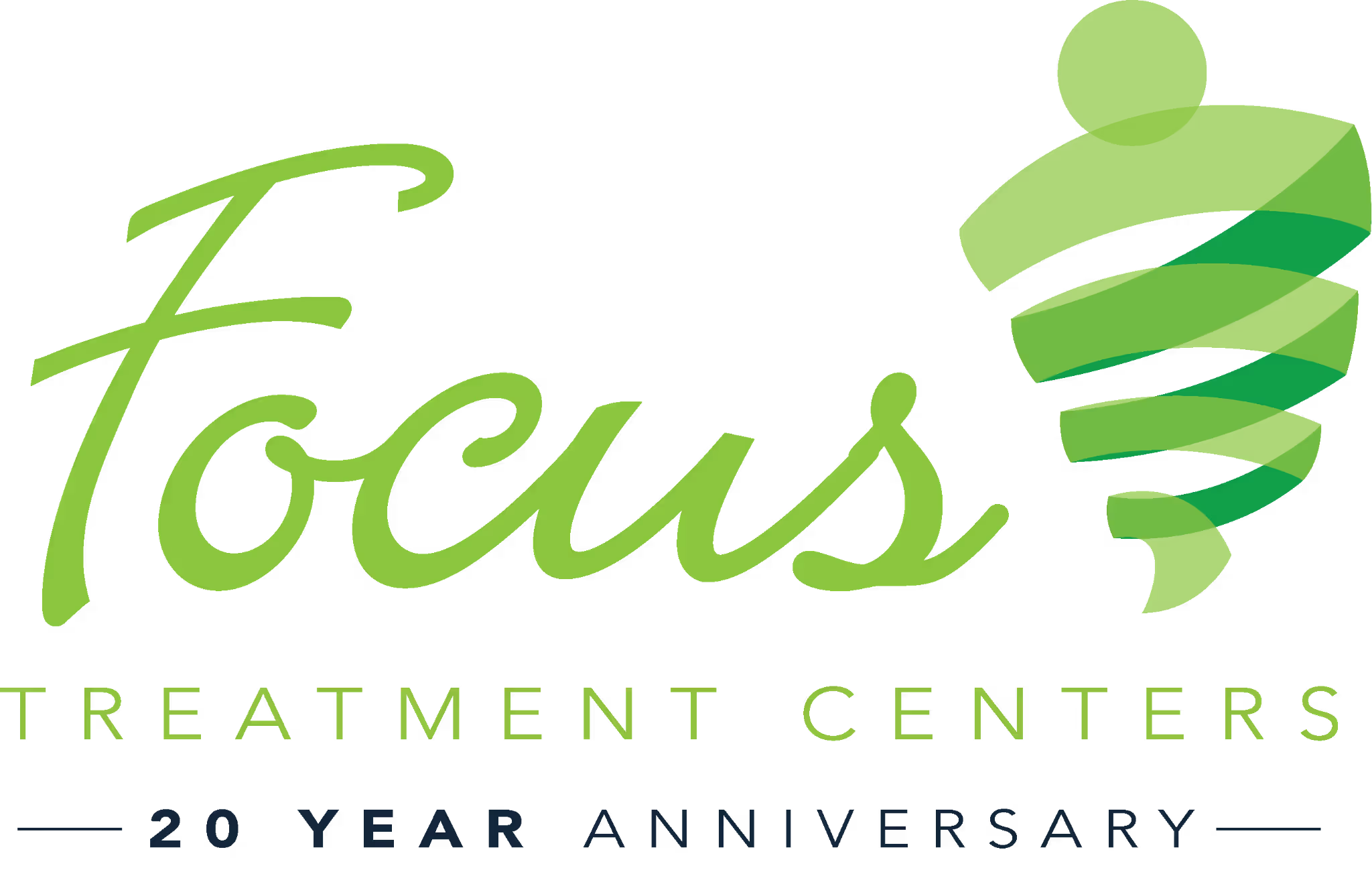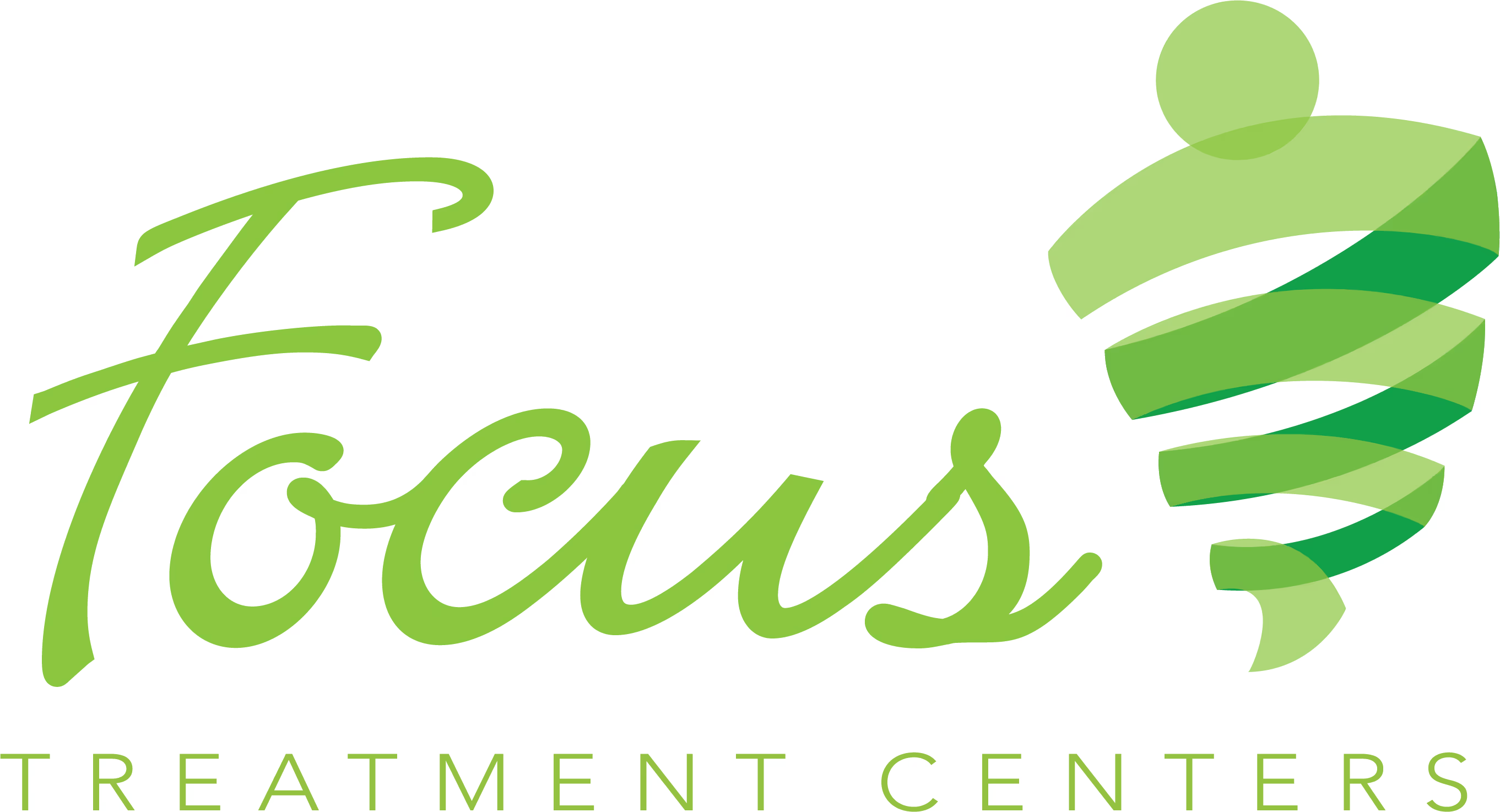You’ve acknowledged you need help with a drug addiction or drinking problem, and you’re considering entering a residential treatment program. This could mean a few weeks or longer away from home, loved ones - and your job. First, let us start off by saying this decision of yours is something to be celebrated and an important first step towards living a better life. We also know it’s a big deal with a lot of planning, and you’re worried about your job. What will they say? Will you have to quit? Will you be fired? It’s a legitimate concern for many Americans who struggle with substance use, so you’re not alone in this. In this blog, we’ll cover some basic facts and options to hopefully ease those worries.
So do you have to quit your job? Can they fire you? The answer to both of those questions is no and here’s why. There are federal laws and regulations in place to protect you and your employment status when it comes to substance use disorders. The American Disabilities Act (ADA) ensures that people with disabilities have equal rights and opportunities which includes people battling addiction as well as those in recovery. Just like someone with a physical or mental impairment, an addiction – whether current or in the past – impairs neurological functioning, which is considered a disability (adata.org). As long as you’re not actively using and are seeking help with the problem, you won’t be fired for it, nor do you have to quit.
Now that you know your job is federally protected, you can take a sigh of relief. Here’s a few more things to take into consideration when making plans to take time off from your job for help with an addiction.
- Think about using PTO. Using your vacation days to enter inpatient treatment might not be ideal – and let’s face it – rehab isn’t going to feel like a relaxing getaway. However, getting your life back on track will be time (and days) well spent.
- Check on FMLA. The Family Medical Leave Act offers up to 12 weeks of unpaid leave, keeping your employment status safe while you’re gone. Still, there are certain requirements that must be met to be approved for FMLA, so talk with your employer to get those details.
- Ask about EAP. Some employers offer an Employee Assistance Program that provide a variety of services such counseling and referrals. If your workplace has an EAP, see if they can guide you through that process.
Finally, if you’re still worried about taking time off, you could consider an outpatient program. Not everyone in need of substance use treatment needs a residential program. An intensive outpatient program (IOP), like the one at Focus Treatment Centers, is typically held a few days a week for a few hours. IOP can be a great option for someone who is in early addiction or for someone that has already been through a residential program but needs to maintain support. If you’re unsure what type of treatment is best for you, reach out to our admissions team. We provide complimentary, confidential assessments to determine the appropriate level of care needed.
Don’t wait to get help. Recovery is possible with the right treatment. To learn more about treatment options with Focus or to schedule an assessment, call or text 423.308.2560.
Contributed by Lauren Sterritt, BA, Marketing and Community Relations
References: 2019, ADA National Network, https://adata.org/factsheet/ada-addiction-and-recovery














